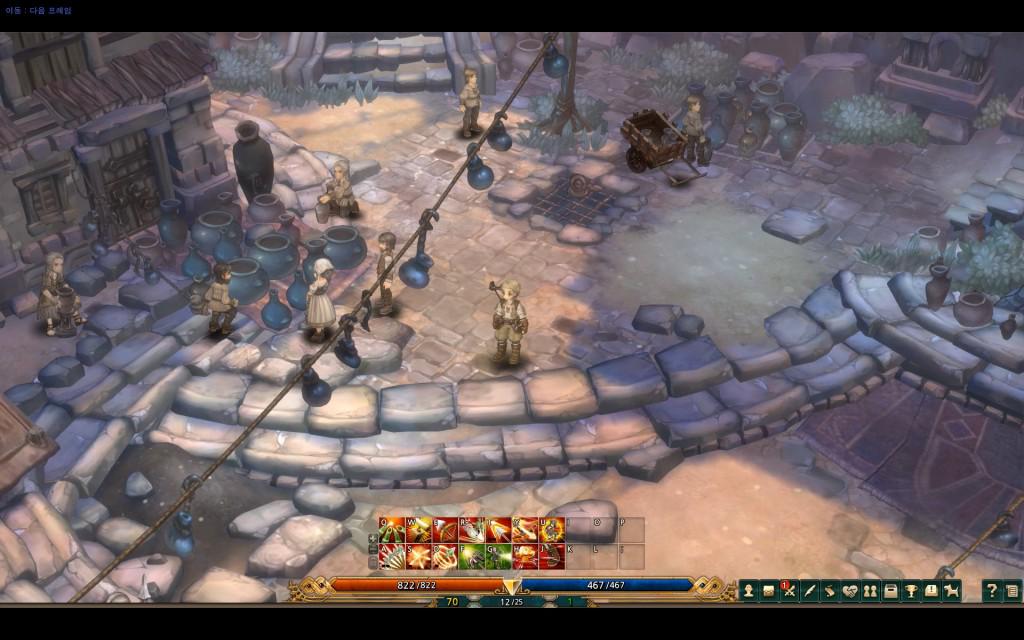
Class choices and allocated stat points, however, are permanent. Those dead ends wouldn't be so painful if Tree of Savior provided an option to salvage mistakes-which it partially does in the form of potions that can reset skill points in exchange for real cash. Not every option you choose will be viable, and in true old school RPG fashion, it's possible to ruin your build if you don't know what you're doing. Unfortunately, much of that potential is wasted on poor class balancing. It's possible to ruin your build if you don't know what you're doing. While I played mostly alone, there was always the option to join up and murder the incredible variety of monsters that dot the landscape as a group, potentially increasing how fast I could level. Fully exploring maps or collecting specific items dropped from monsters can also net you bonuses like extra experience or permanent stat increases from NPCs in each town. This all plays out rather slowly as you explore the world, completing quests or tracking down monsters to kill in hopes of getting a specific piece of gear. This process happens six times over Tree of Savior's 200-plus levels, creating a ton of complexity that had the part of my brain that loves theorycrafting dizzy with all the possibilities. There's only four base classes to choose from when starting out, but I eventually unlocked new ones I could stack on top of my base class, adding more abilities that redefined my character.

Boss battles are frequent but they're nothing to get excited about as most are over in seconds.


 0 kommentar(er)
0 kommentar(er)
